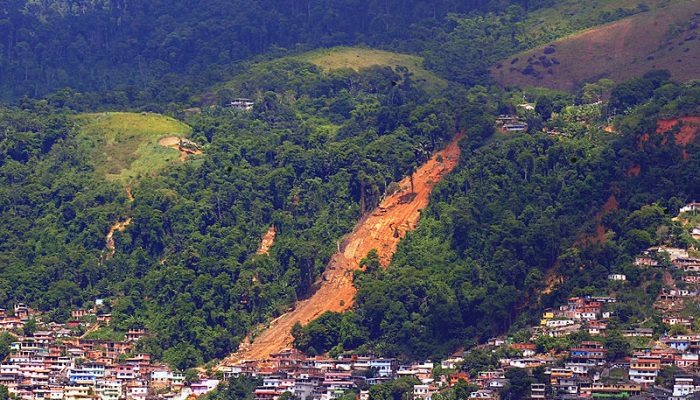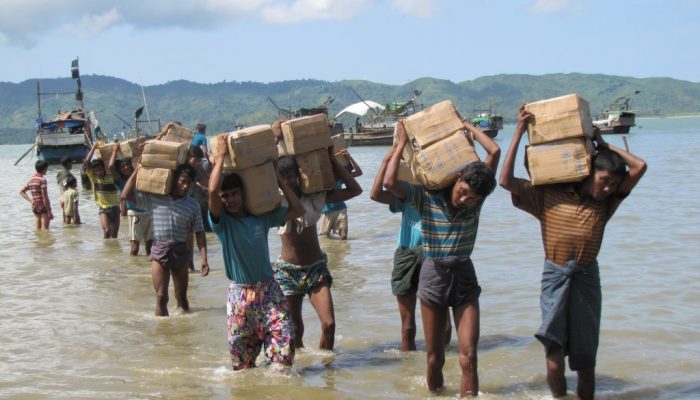Rainfall-related geohazards in Brazil’s poorer, mountainous city margins could be mitigated using better urban planning and communication. Our own Brazilian blogger Bárbara Zambelli Azevedo explores the problem and possible solutions. I come from Brazil, a country well-known for its beautiful landscapes, football and carnival. Ok, some stereotypes are true, indeed. Situated in the middle of the So ...[Read More]
Rainfall related geohazards: floods, landslides and mudslides in Rio – A dangerous combination of nature and human-related factors



